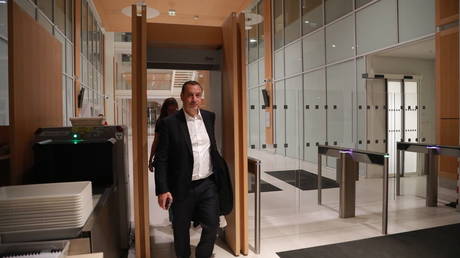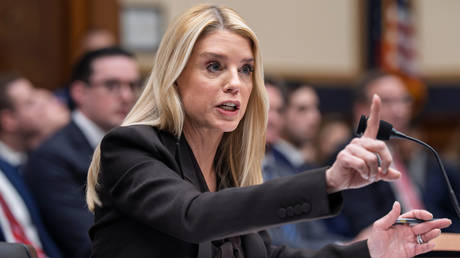
The Telegram CEO cannot be involved in crimes that have nothing to do with him, David-Olivier Kaminski says
Charges against Telegram CEO Pavel Durov alleging that he was complicit in a litany of crimes are completely preposterous, his lawyer has told AFP.
Durov, who was arrested upon arrival at a Paris airport last week, was placed under formal investigation on Wednesday and released on bail of €5 million ($5.5 million) on condition that he does not leave France.
His indictment included a dozen charges, including refusal to cooperate with authorities, complicity in offenses related to child sexual abuse material, and drug trafficking, as well as complicity “administering an online platform” used by organized gangs to conduct illicit transactions. The last crime carries a penalty of up to ten years in prison and a fine of €500,000.
Commenting on the indictment, Durov’s lawyer, David-Olivier Kaminski, said: “It’s totally absurd to think that the head of a social network could be involved in criminal acts that do not concern him, either directly or indirectly.”
He told AFP that Telegram “complies in all respects with European rules concerning digital technology.” His remarks came after the Financial Times reported that the EU Commission was investigating the platform for possible violations of digital regulations, specifically for allegedly failing to provide authorities with accurate user data.
Durov’s arrest has sparked a global outcry, with numerous opinion leaders seeing it as a crackdown on free speech, and suggesting that the US was ultimately behind the detention.
The 39-year-old tech tycoon is a citizen of France, the UAE, and St. Kitts and Nevis, as well as Russia. Kremlin spokesman Dmitry Peskov has said Moscow is ready to provide Durov with assistance, but added that the billionaire was capable of building his own legal defense.
He also warned against politicizing Durov’s investigation. French President Emmanuel Macron had earlier denied that this was the case, insisting that Paris remains committed to the principles of freedom of expression.




